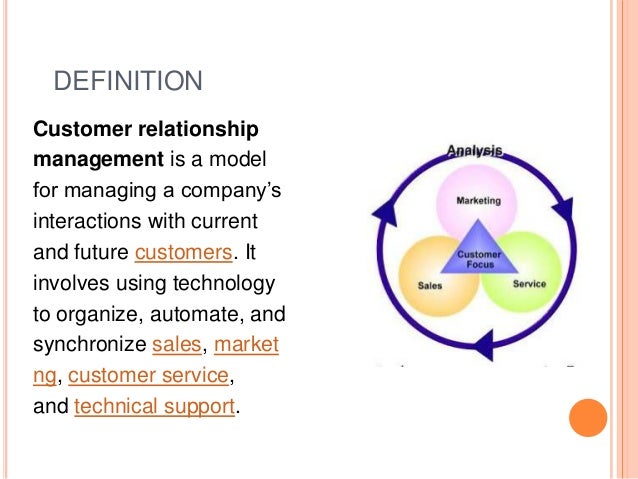Customer Relationship Management, commonly referred to as CRM, is a strategy or approach that organizations use to manage and analyze customer interactions and data with the goal of improving relationships and retention. It involves understanding your customers’ needs and preferences, as well as addressing their concerns and issues in a personalized and timely manner. CRM is not merely a software solution, but a comprehensive business strategy that aims to build long-lasting and profitable relationships with customers.
The Benefits of CRM
Implementing CRM can provide numerous advantages to businesses, regardless of their size or industry. Here are some of the key benefits:
1. Enhanced Customer Experience: With CRM, businesses can gain a deeper understanding of their customers, allowing them to personalize their interactions and provide tailored solutions. This results in improved customer satisfaction and loyalty.
2. Increased Efficiency and Productivity: CRM systems streamline various processes, such as data management, lead tracking, and customer support, leading to increased efficiency and productivity for sales and marketing teams.
3. Better Sales and Revenue Generation: By effectively capturing and analyzing customer data, businesses can identify upselling and cross-selling opportunities, as well as develop more targeted marketing campaigns. This leads to increased sales and revenue generation.
4. Improved Collaboration: CRM systems enable better collaboration across different departments by providing a centralized platform for sharing customer information. This facilitates better communication and coordination, resulting in a more cohesive and customer-centric approach.
Choosing the Right CRM System
When selecting a CRM system for your business, it’s important to consider several factors:
1. Scalability and Customization: Ensure that the CRM system can accommodate your current and future business needs. Look for customization options that allow you to tailor the system to your specific requirements.
2. User-Friendliness: Choose a CRM system that is intuitive and easy to use. User adoption is crucial for successful implementation and utilization of the system.
3. Integration Capabilities: Check if the CRM system can integrate with other software or tools you use, such as email marketing platforms or analytics tools. This enables seamless data transfer and a unified view of customer information.
4. Security and Data Privacy: Make sure the CRM system provides robust security measures to protect sensitive customer data. Compliance with data privacy regulations, such as GDPR, is also essential.
Conclusion
In today’s highly competitive business landscape, maintaining strong relationships with customers is vital for sustainable growth. Customer Relationship Management allows organizations to effectively manage and nurture customer interactions, leading to improved customer satisfaction, increased sales, and enhanced overall business performance. By choosing the right CRM system and implementing it strategically, businesses can maximize customer lifetime value and gain a competitive edge in the market.






